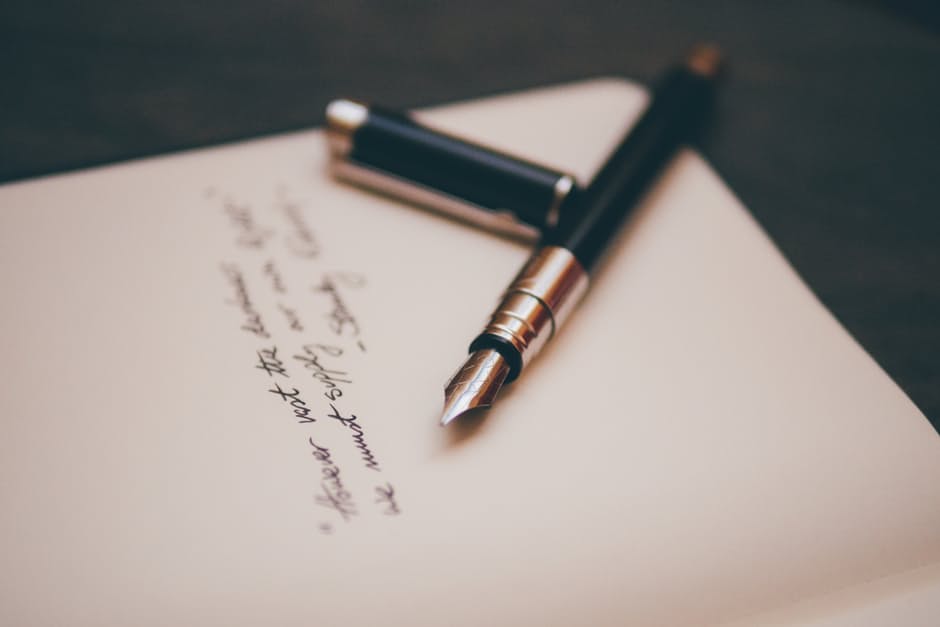Dissertation writing can become a serious pain and to help you in this important task I present these 10 tips that will help you conquer this dreadful task. First, we must bear in mind that a Dissertation is the final verification of the knowledge acquired during our studies. So, without further ado, here are 10 tips for writing a dissertation:
1- Learn about the type of jobs accepted in your university or institute:
This will allow you to analyze the type of research that best suits your interests and possibilities. Keep in mind that the types of research are as follows:
- Field research: A topic or problem is studied from the collection and analysis of direct data of reality. In these cases it is necessary to use the statistical study, it is not necessary to be an expert in the matter, but certain concepts must be clear in order for you to complete this type of dissertation.
- Documentary research: The study of a problem based on the analysis of data and theories previously published in other works. In this type of research, the author uses the sources of queries to postulate his own ideas and conclusions.
- Project feasible: This is the proposal of a model that could be the solution to a certain problem. These types of projects serve to elaborate on proposals of social or institutional impact.
- Special project: They involve the creation of solutions of cultural interest, for example educational projects, software, technologies and projects of arts & literature.
2- Evaluate your resources:
What do I need in order to conduct my research? Where and how can I collect the data I need? How long will it take for me to collect this data and how long will it take to be analyzed? Do I need a collaborative team or can I do the research alone? What costs should I contemplate? All of these questions will help you evaluate the resources you have and what you will need. These questions are very crucial and their answers will determine what topic would be the best for you.
3- Choose a topic and delimit it:
To choose the topic first you must observe a research problem, that is, a situation that must be studied in order to describe it, explain it and, if necessary, give a solution for it. A common mistake when choosing the topic is the lack of delimitation, the more specific the topic, the better the limits and scope of the Dissertation will be established.
An unspecified topic results in inconsistency or too much breadth of research, which would lengthen indefinitely the completion of the dissertation. If, let’s suppose you have decided to study the effects of chemical fertilizers on plants and the consequences for human consumption, at first glance it might seem like an appropriate issue, however, the lack of specificity would cause the following problems: number, type and varieties of plants, also the type of fertilizers. The research should cover all edible plants and all chemical fertilizers. The appropriate thing, then, would be to rephrase the topic as: The effects of “X” chemical fertilizer on plants “X” and its consequences for humans.
4- Look for a tutor and consult with them about your topic:
A tutor is the best person to inform you about the validity or relevance of your topic, as an expert in the subject can guide you better regarding your dissertation. Sometimes a tutor can make us give up a certain line of research and that is why it is very important, before starting, to corroborate with an expert if our object of study has value or not.
5- Start in bibliographic archiving:
Search the sources of inquiry for your research and prepare yourself to read large amounts of information. It is necessary to read a lot, and before writing the dissertation. You might even have to go through the same material multiple times. The first reading will help you decide which sources are really relevant. Do not discard any material without reading it well, you can find valuable data in less-thought-out places.
6- Make a second reading of your sources:
This reading should be careful to fully understand the theories or data that underlie your research. Make connections between your sources and your own opinions. Set differences and opposing views, this will help you better defend your value judgments.
7- Underline and make annotations of your readings:
Perform analysis of the pieces of information relevant to your work, mark the text that you think you can quote and keep a record of your references. Thus, you will not have to go back several times on the same source and you can easily remember what you have read.
8- Establish a schedule for each of the methodological steps of your research:
This will serve to control the time you spend on each of the steps and processes of your work, and would also serve as a record of the objectives achieved.
9- Prepare a draft:
In most cases this is an essential requirement to proceed with the dissertation. A good blueprint is an excellent guide –You will have a clear direction of the way. Many of the points of the blueprint are also handled in the dissertation, but with a deeper treatment. If you already know the methodology you will know the aspects and criteria that you must develop in this point
10- Be original and creative:
A good research can lead you to propose valuable knowledge that will serve for future work. Do not copy the material of others, plagiarism is unethical and impairs the advance of intellectual knowledge. For your appointments and references always keep in mind the APA Rules.
Read also: 7 Tips For Writing A Dissertation
Aaron is a professional academic writer and research analyst; he is a highly qualified and experienced writer for Dissertation help He has been providing dissertation writing service to college and university students on various domains.






















